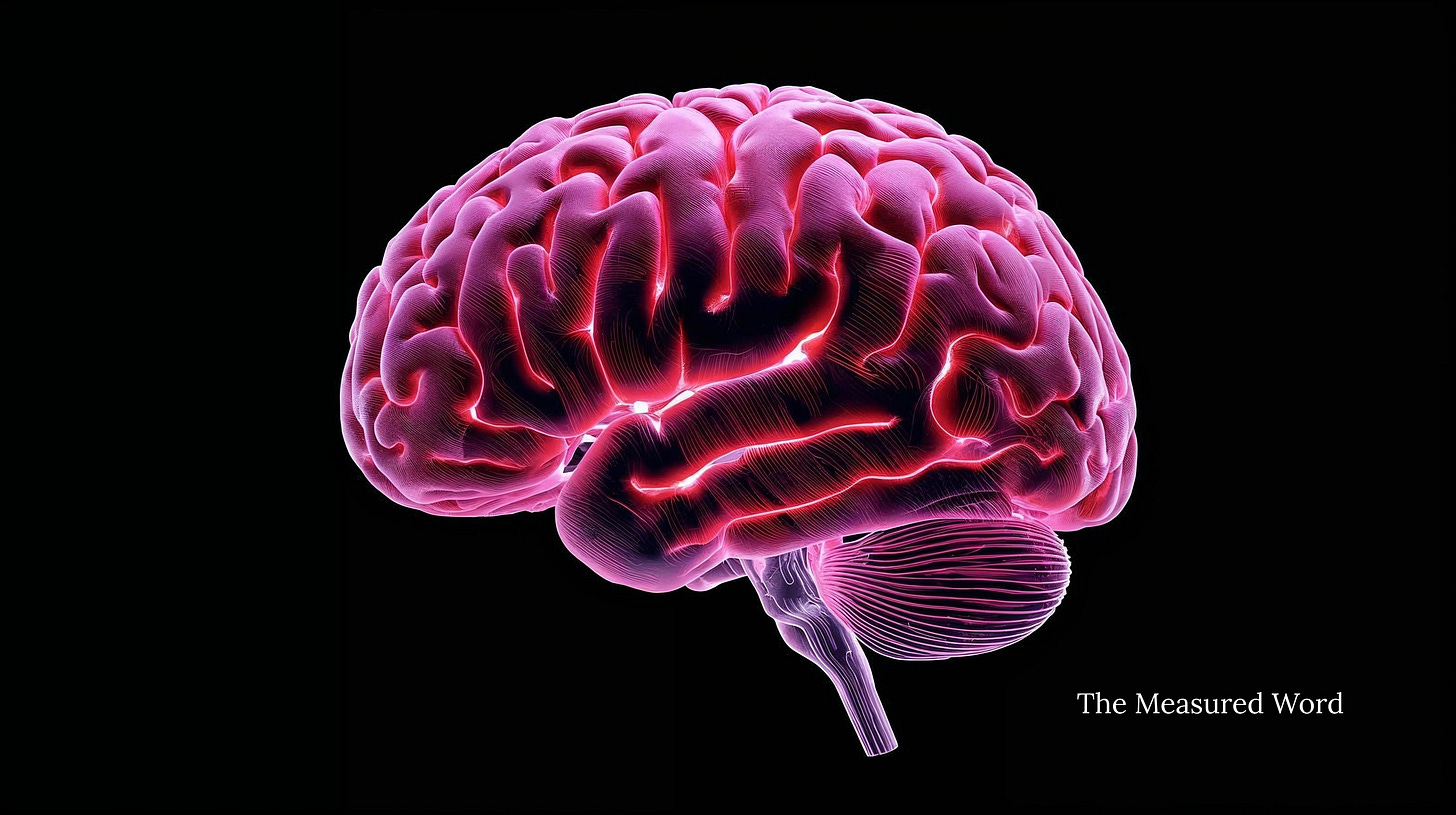Busyness is a Form of Laziness
A cognitive architect's guide to building a system for deliberate rest - and why it's the secret to sustainable high performance.
Our culture worships at the altar of "busy." A packed calendar, a flooded inbox, and a constant state of low-grade exhaustion have become status symbols. We treat busyness as a proxy for productivity, a sign that we are important, engaged, and valuable.
This is a flawed mental model. In fact, it's the most pervasive and destructive platitude in modern knowledge work. Chronic busyness is not a sign of discipline; it’s a symptom of intellectual laziness.
The Misconception: A Full Schedule Equals a Full Mind
We operate under the assumption that the mind is a machine on an assembly line. The more hours we feed it, the more output we'll get. We believe that creativity can be brute-forced, that insight can be scheduled, and that a rested mind is a wasted mind. We see a blank space in our calendar and our first instinct is to fill it, lest we be seen as unproductive.
This is a fundamental misunderstanding of how the human brain actually works. It's like believing a muscle gets stronger while it's lifting the weight.
The Truth: Insight is Assembled During Deliberate Rest
Your brain operates in two primary modes: the "focused mode" (the task-oriented state we call "work") and the "diffuse mode" (a relaxed, non-focused state). The focused mode is for execution. The diffuse mode is for connection, incubation, and breakthrough insight.
Chronic busyness keeps you trapped in the focused mode. It prevents your brain from doing the essential background processing required to connect disparate ideas, solve complex problems, and generate novel solutions. Being "busy" is often a lazy way to avoid the hard, high-level thinking required to identify what's truly important. It's an addiction to the feeling of activity that masks a lack of real progress. Deliberate rest is not the absence of work; it is the cognitive partner to it.
The Action: Architect a System for Cognitive Recovery
You would never follow a brutal gym routine with zero rest days. It's time to apply the same architectural thinking to your mental performance.
Schedule "White Space": Treat rest as a non-negotiable part of your professional toolkit. Block out 30-60 minute chunks in your calendar labeled "Cognitive Consolidation" or "System Thinking." Don't fill them. Go for a walk without your phone. Stare out a window. Let your mind wander. This is not laziness; it is a scheduled, strategic activity.
Implement a "Shutdown Complete" Ritual: The boundary between work and rest has been obliterated. You must rebuild it. At the end of your workday, create a ritual. Close all tabs. Tidy your desk. Write down the one thing you need to do tomorrow. Then say the words, "Shutdown complete." This is a powerful psychological trigger that gives your brain permission to enter its recovery phase.
Practice Strategic Monotasking: Multitasking is the enemy of depth and the friend of busyness. It fragments your attention and keeps your brain in a state of high-alert, low-impact activity. The most productive people work in focused, single-task sprints (e.g., 50 minutes on, 10 minutes off). This allows for deep work followed by a brief period of diffuse-mode recovery, a perfect cognitive superset.
Stop measuring your worth by your activity. Start measuring it by your results, your insights, and your ability to do a few important things exceptionally well. That is the work of an architect, not a hamster on a wheel.
Join the conversation:
What does your "busy" look like? Is it a tool or a trap?
Have you ever had a great idea pop into your head while you were resting or doing something completely unrelated?
Leave a comment below.
Go Deeper: A recovered mind is wasted in a body that's run down. The principles of strategic rest are universal. See how they apply to the physical body in our companion post at The Ageless Engine. [Read: "Your Workout is Making You Weaker"]
If this post made you think differently, please consider:
Sharing it with someone who appreciates a systematic approach to self-improvement.
Subscribing for free to get frameworks for a sharper, more resilient mind delivered weekly.
Upgrading your subscription to join "The Architect's Workshop," our exclusive paid section with in-depth mental models, practical workshops, and full access to the TMW archive.




This article is a good reminder. All my ideas come to me in recovery mode as you call it.
The 'Shutdown Complete' ritual is a concept I'm going to implement immediately. The lines between my work life and home life have become so blurred, and I can feel the cognitive cost of never truly 'clocking out.' Having a clear, physical ritual to mark that transition feels like a powerful system upgrade.